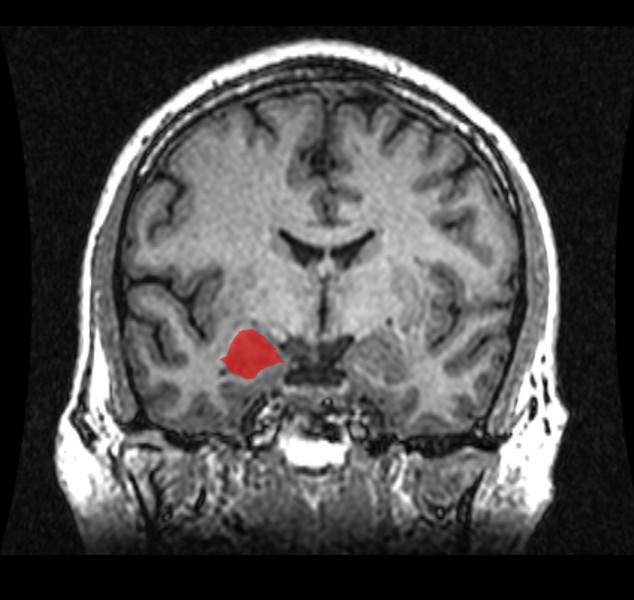Insomnia Affects Brain's Emotion Regulator, Could Lead to Depression

A dysfunction in neural circuitry responsible for emotional regulation suggests insomniacs could be at a higher risk for depression, a new study finds.
"Insomnia has been consistently identified as a risk factor for depression," Peter Franzen, lead author of the study and assistant professor of psychiatry at the University of Pittsburgh School of Medicine, said in a press release. "Alterations in the brain circuitry underlying emotion regulation may be involved in the pathway for depression, and these results suggest a mechanistic role for sleep disturbance in the development of psychiatric disorders."
The study used an fMRI scan during an emotion regulation task in which 14 participants with chronic primary insomnia — also without any other psychiatric disorders — and 30 good sleepers were asked to view negative or neutral pictures. They were also asked to passively view the pictures or to reappraise the image if they felt their emotional response was too negative.
The researchers found that the amygdala responses in the insomniac group were significantly higher during reappraisal than during passive viewing. The amygdala is responsible for emotional processing and regulation.
Compared to the control group of good sleepers, the activity in the amygdala of the insomniacs was much greater, although neither group showed too much of a difference when viewing the photos passively.
"Previous studies have demonstrated that successful emotion regulation using reappraisal decreases amygdala response in healthy individuals, yet we were surprised that activity was even higher during reappraisal of, versus passive viewing of pictures with negative emotional content in this sample of individuals with primary insomnia," Franzen said.
This study comes just a week after another study found that for every extra hour insomniacs slept, they were 72 percent less at risk for suicide. According to the CDC, based on suicides in 16 National Violent Death Reporting System states, 23 percent of suicide decedents tested positive for anti-depressants.
According to a the National Sleep Foundation, 30 to 40 percent of adults report symptoms of insomnia while 10 to 15 percent say they have chronic insomnia. They say that most often, these people have chronic intermittent insomnia, or a period in which they experience difficulty sleeping for a few nights followed by a period of adequate sleep.
Sources:
Franzen P. Elevated amygdala activation during voluntary emotion regulation in primary insomnia. Sleep. 2013.
Oliver L. Sleep duration as a predictor of moderate/high (vs low) suicide risk in insomnia. Sleep. 2013.



























